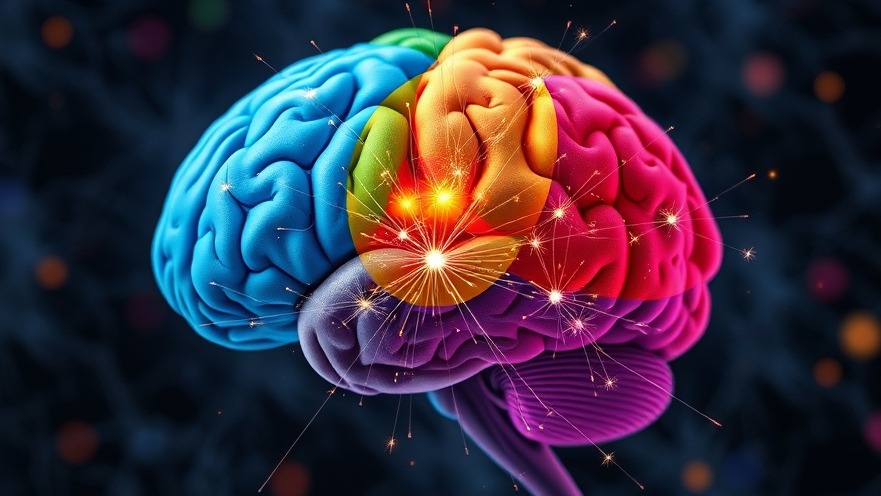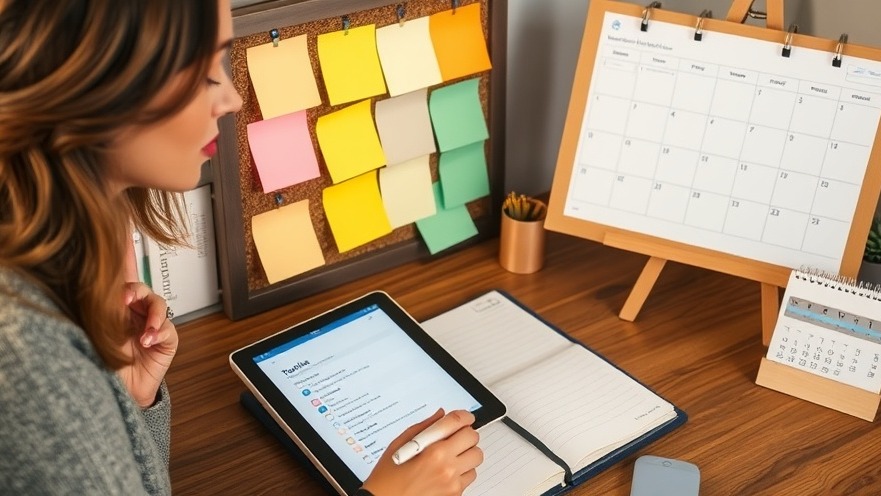
Unpacking the Complexities of Memory
Memory is not just a simple storage bank for information; it’s a dynamic, living process that shapes how we experience life.
It influences the stories we tell, the relationships we nurture, and even the way we see ourselves.
In today’s fast-paced world, understanding how memory works offers health-conscious individuals—especially those juggling full lives in Sacramento—powerful tools for improving mental well-being and cognitive performance.
In The truth about how memory ACTUALLY works, experts challenge popular assumptions and reveal just how complex and malleable memory really is.
Their findings encourage a deeper, more compassionate view of our own minds and remind us that improving memory isn't about perfection—it's about connection, awareness, and self-care.
The Science Behind Memory and Its Importance
Memory is not a static filing cabinet.
It's a dynamic system composed of three primary stages: encoding, storage, and retrieval. These processes are constantly interacting and reshaping how we access and remember experiences.
“Memory is more like a Wikipedia page—you can go in and change it, but so can other people.”
— Dr. Elizabeth Loftus, cognitive psychologist
This insight helps busy parents and active seniors in Sacramento see memory lapses not as failures, but as a normal part of how the brain adapts and prioritizes.
It empowers people to let go of the pressure to remember everything perfectly and instead focus on creating meaningful, emotionally rich experiences.
Common Misconceptions About Memory
A major myth is that memory works like a video camera—accurate and unchanging.
In truth, memory is more like a highlight reel, curated by emotion, context, and relevance.
“Your memory is not designed to retain every detail. It’s meant to keep what’s meaningful, useful, or emotionally charged.”
— Dr. Lisa Genova, neuroscientist and author
Think about your child’s first day of school.
You may not remember every word, but you likely recall the smile, the nervous energy, or the scent of the new backpack. That’s the emotional resonance of memory at work.
For Sacramento families, this understanding encourages them to create experiences worth remembering rather than striving to remember everything perfectly.

Nurturing Your Memory Health
Memory health is directly tied to lifestyle habits—especially mindfulness.
A 2019 study in Consciousness and Cognition found that people who practiced just 10 minutes of mindfulness daily experienced improvements in working memory and attention.
• Practical ways to support memory through mindfulness:
Take a mindful walk in a Sacramento park
Try breathing exercises during daily stress
Start a gratitude journal each night
These practices reduce mental clutter, enhance focus, and help form stronger memory connections.
The Role of Nutrition in Cognitive Function
Food fuels your brain.
What you eat can shape how clearly you think, how fast you recall, and how long you retain.
“The brain is an energy-intensive organ, using up to 20% of the body’s total energy. What you eat literally becomes the structure and function of your brain.”
— Dr. Lisa Mosconi, nutrition researcher and neuroscientist
• Memory-boosting foods include:
Leafy greens like kale and spinach
Omega-3 rich options like salmon, walnuts, flaxseed
Berries (especially blueberries)
Whole grains
Nuts and seeds
For Sacramento residents, farmer’s markets offer fresh, local access to many of these items.
Swapping processed snacks for almonds or adding spinach to smoothies can make a noticeable difference over time.

Practical Tools for Memory Improvement
Memory support doesn’t have to rely solely on brainpower.
Using tools—both high-tech and low-tech—can give your brain the support it needs to focus on the big picture.
• Helpful tools include:
Apps like Evernote, Notion, or Todoist
Voice assistants like Alexa and Google Assistant
Games like Lumosity or Elevate
Simple aids like sticky notes, journals, and whiteboards
“The brain wasn’t designed to remember phone numbers or grocery lists. Offloading those onto tools is not a failure—it’s smart use of your resources.”
— Dr. Daniel Levitin, neuroscientist and author
In short, let tools handle the logistics while you engage your mind where it matters most.
Future Insights: Memory in a Digital Age
We’re living in an era where it’s easy to let digital devices do the remembering for us.
But over-reliance on phones and calendars may weaken our natural ability to encode and recall information.
The key is balance.
• Tips for staying mentally active while using digital tools:
Use digital reminders as backup—but repeat important info aloud
Practice names and addresses instead of just saving them in contacts
Keep a physical journal or scrapbook to relive key memories
Have regular conversations that involve storytelling
Social interaction, physical writing, and reflective thinking all support memory networks in ways that digital shortcuts alone can’t replicate.
Transform Your Memory: Start Today
Memory is more than a function—it’s a foundation for our daily lives.
It holds our joys, our challenges, and our growth.
“The most powerful thing we can do for our memory is to move our bodies, engage our minds, and connect with others.”
— Dr. Wendy Suzuki, neuroscientist
You don’t need a perfect recall to lead a meaningful life.
You need presence. Intention. Awareness.
• Try this today:
Go for a tech-free walk and notice your surroundings
Share a memory with a friend or loved one
Cook a meal with memory-friendly ingredients
Meditate for five minutes to reset your focus
Every small step adds up.
In Sacramento and beyond, let’s embrace memory not as something we lose, but as something we can shape, support, and celebrate—together.
Looking for ways to stress less and stay centered? Visit Mind Matters for quick mindfulness tips, then head back to Sacramento Living Well for more ways to feel your best every day.
---
Authored by the Sacramento Living Well Editorial Team — a publication of DSA Digital Media, dedicated to highlighting wellness, local living, and inspiring community stories throughout Greater Sacramento.
 Add Row
Add Row  Add
Add 





Write A Comment